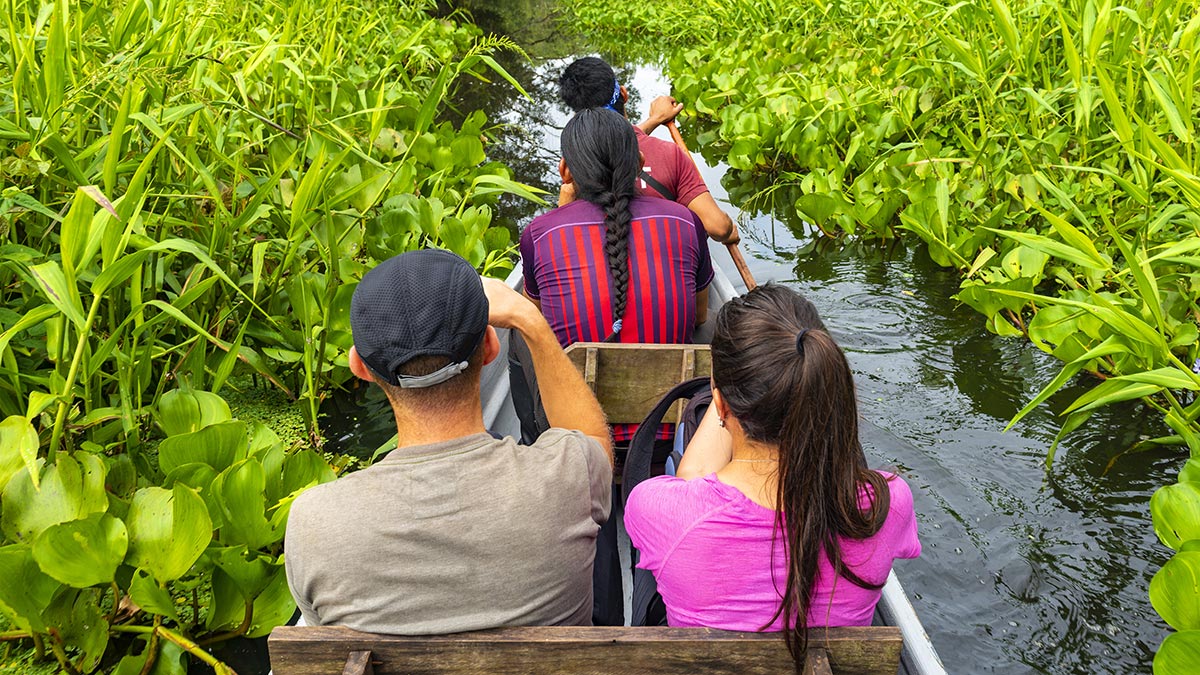In recent years, the concept of sustainable travel has gained significant traction as travelers become increasingly aware of the environmental impact of their adventures. With the rise of climate change concerns and the recognition of the fragility of our planet, there’s a growing urgency to adopt eco-friendly practices in all aspects of life, including travel. Fortunately, there are numerous ways travelers can minimize their environmental footprint while still enjoying enriching and memorable experiences. From choosing eco-friendly accommodations to supporting local conservation efforts, here’s a comprehensive guide to sustainable travel practices.
1. Choose Eco-Friendly Accommodations
The first step towards sustainable travel begins with where you choose to stay. Opt for eco-friendly accommodations that prioritize energy efficiency, water conservation, and waste reduction. Look for hotels, resorts, or guesthouses that have implemented green initiatives such as using renewable energy sources, recycling programs, and eco-friendly toiletries. Additionally, consider alternatives to traditional hotels, such as eco-lodges, campsites, or homestays, which often have a lower environmental impact and provide a more authentic cultural experience.
2. Reduce Carbon Emissions
Transportation is a major contributor to carbon emissions, so reducing your reliance on fossil fuels is crucial for sustainable travel. Whenever possible, choose environmentally friendly modes of transportation such as walking, cycling, or using public transportation. If you need to fly, consider offsetting your carbon footprint by purchasing carbon credits or donating to reforestation projects. Additionally, try to minimize air travel by opting for destinations that are closer to home or exploring alternative travel routes such as trains or buses.
3. Pack Light and Responsibly
Packing light not only makes traveling more convenient but also reduces fuel consumption and carbon emissions associated with transportation. Prioritize packing versatile clothing items that can be worn multiple times and invest in reusable travel essentials such as water bottles, utensils, and shopping bags to minimize single-use plastic waste. Additionally, be mindful of the environmental impact of the products you bring with you, such as sunscreen and insect repellent, and opt for eco-friendly alternatives whenever possible.
4. Conserve Resources
Practicing resource conservation is essential for sustainable travel. Be mindful of your water and energy usage by taking shorter showers, turning off lights and air conditioning when not in use, and reusing towels and linens. Avoid wasting food by ordering only what you can finish and supporting restaurants that prioritize locally sourced, seasonal ingredients. Furthermore, minimize your use of single-use plastics by refusing straws, bringing your own reusable containers for leftovers, and avoiding unnecessary packaging.
5. Respect Local Cultures and Environments
Responsible travel involves respecting the cultures, traditions, and environments of the places you visit. Educate yourself about the local customs and traditions, and be mindful of your behavior to avoid causing offense or harm. Support local communities by patronizing small businesses, buying locally made souvenirs, and participating in cultural experiences that benefit the community. Additionally, practice Leave No Trace principles when exploring natural areas by staying on designated trails, disposing of waste properly, and refraining from disturbing wildlife.
6. Support Sustainable Tourism Initiatives
One of the most effective ways to minimize your environmental impact while traveling is to support sustainable tourism initiatives and businesses. Seek out tour operators, attractions, and accommodations that have obtained eco-certifications or participate in sustainable tourism programs. Contribute to conservation efforts by volunteering with local organizations or participating in eco-tours that support wildlife conservation, habitat restoration, or community development projects. By supporting responsible tourism practices, you can help protect natural and cultural heritage sites for future generations to enjoy.
Conclusion
In conclusion, sustainable travel is not just a trend but a necessity in today’s world. By adopting eco-friendly practices and making responsible choices, travelers can minimize their environmental impact while still enjoying enriching and fulfilling travel experiences. Whether it’s choosing eco-friendly accommodations, reducing carbon emissions, conserving resources, respecting local cultures, or supporting sustainable tourism initiatives, every action counts towards creating a more sustainable future for travel and the planet. Let’s travel responsibly and leave behind a positive legacy for generations to come.




